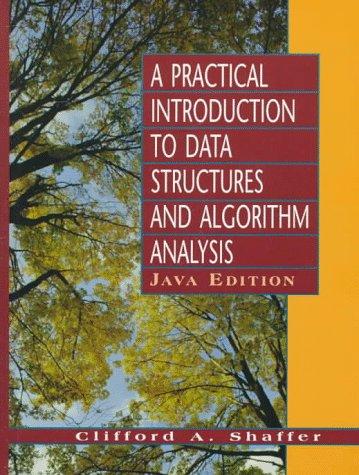Question
Next, we will distinguish between estates in possession and future estates .The fee simple estate mentioned above is an example of an estate in possession
Next, we will distinguish between estates in possession and future estates.The fee simple estate mentioned above is an example of an estate in possession because it is currently active and the holder of the estate has control of the property.Another example of an estate in possession is a life estate.A life estate is a type of freehold estate that only lasts for the lifetime of a specific person.While that person is alive (who may or may not be the holder of the life estate), the holder of a life estate has control of the property.Upon the death of the person whose life the estate is tied to, the life estate instantly terminates and the property goes to the person or entity that holds the future estate in the property.
Examples of future estates are reversion and remainder.A reversion exists when the holder of an estate (the grantor) conveys rights to a person or an entity that will eventually terminate and be returned to the grantor.Upon termination of a life estate, for example, the grantor of the life estate will get back the rights held by the life estate holder.Somewhat similarly, a remainder exists when the holder of an estate conveys rights to a person or an entity that will terminate in the future and thus be passed to a third party.
(Quick thinking question:if you held a remainder interest in a property and the life estate terminates, what type of estate do you mostly like now hold?)
Step by Step Solution
There are 3 Steps involved in it
Step: 1

Get Instant Access to Expert-Tailored Solutions
See step-by-step solutions with expert insights and AI powered tools for academic success
Step: 2

Step: 3

Ace Your Homework with AI
Get the answers you need in no time with our AI-driven, step-by-step assistance
Get Started


